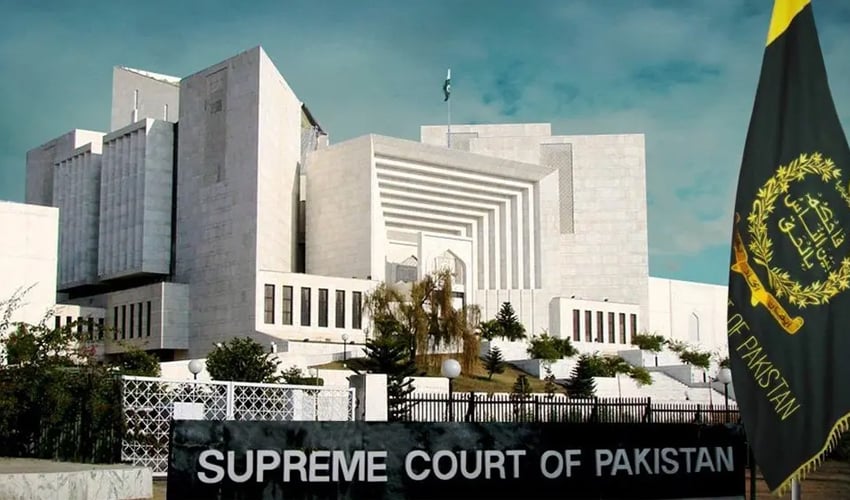Claims began circulating on social media following the 26th constitutional amendment, alleging that the fee for filing an appeal in the Supreme Court of Pakistan had surged from Rs50,000 to Rs1 million. Notable figures, including YouTuber Imran Riaz Khan and columnist Haroon Rashid, shared these claims, raising widespread concern about access to legal recourse in the country.
However, a fact check by BBC Urdu has found these assertions to be unfounded. The Supreme Court’s Registrar’s Office clarified that the actual fee for filing an appeal is only Rs5,000, which must be deposited at the State Bank of Pakistan before submitting any appeal or petition to the court’s administrative branch.
One user voiced their concern, saying, “If an innocent person is sentenced by the High Court and cannot afford a million, they won’t be able to appeal to the Supreme Court.” Another commenter expressed frustration, lamenting, “Pray that God does not show us the courts; the Supreme Court only looks good in pictures.” A third user on X (formerly Twitter) claimed, “Now it will cost Rs1 million to challenge a High Court decision in the Supreme Court. This rotten system won’t change until the nation resists.”
Despite the growing discussions and calls for resistance against the judicial system, these claims have been proven false. It is essential to clarify that, under Pakistani law, High Court decisions can indeed be challenged in the Supreme Court.
Many journalists and legal experts have stepped in to debunk these claims, providing accurate information about the appeal process and associated fees. The Registrar further explained that the receipt for the fee is submitted alongside the appeal documents, with the administrative branch responsible for processing the appeal.
This misinformation regarding the alleged fee increase has been thoroughly debunked, underscoring the importance of verifying claims that circulate on social media. As discussions around the legal system continue, it is crucial for citizens to seek accurate information to understand their rights and the judicial process.


